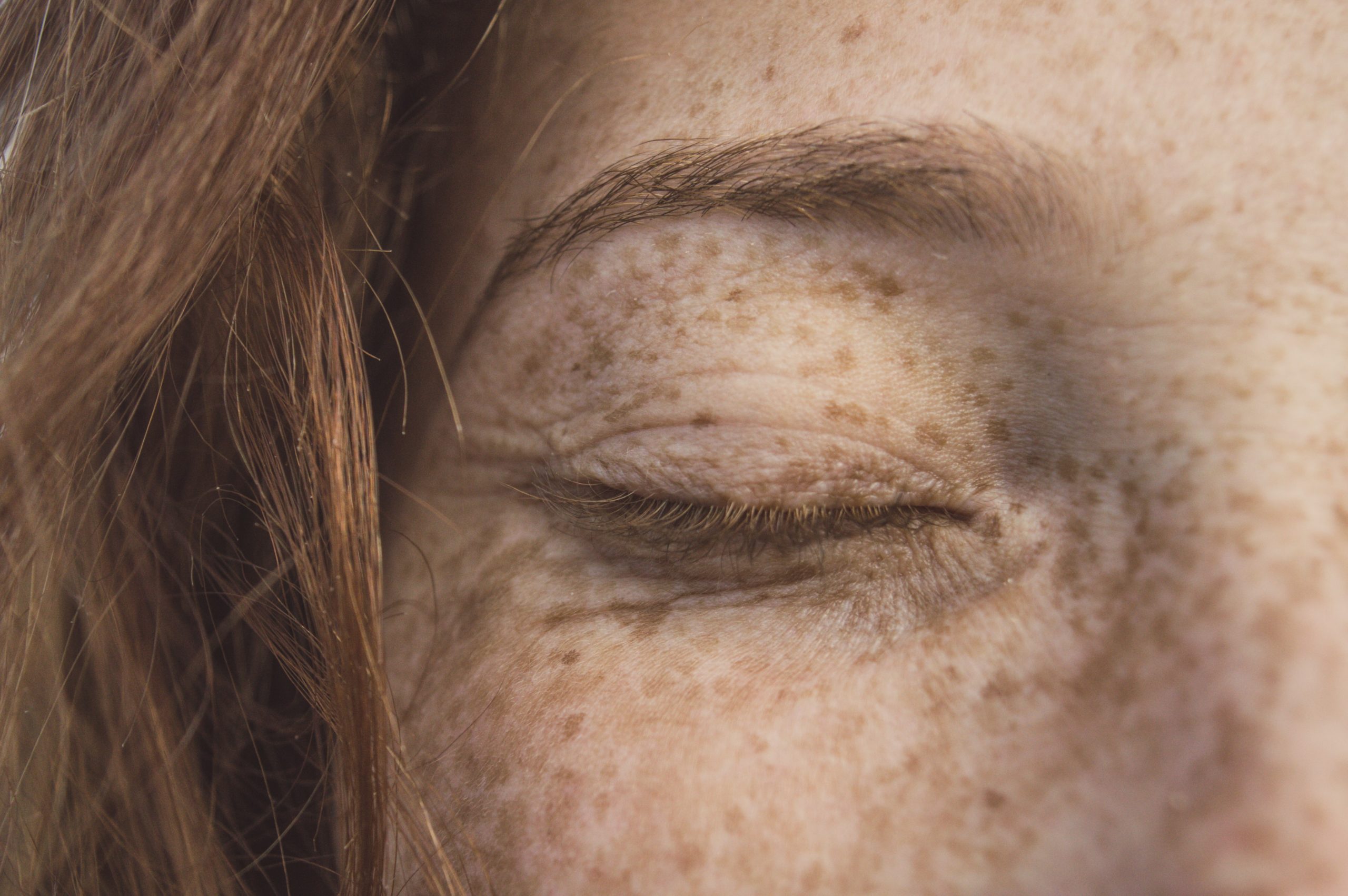This website uses cookies so that we can provide you with the best user experience possible. Cookie information is stored in your browser and performs functions such as recognising you when you return to our website and helping our team to understand which sections of the website you find most interesting and useful.
New services for skin cancer screening
Skin cancer
Skin cancer is the most common type of cancer in the Netherlands. Of all the new cancer patients in the Netherlands, more than 50% are skin cancers. And that while skin cancer can usually be prevented. A burnt skin doubles the chance of getting skin cancer. Integraal Kankercentrum Nederland (IKNL) released a report in 2019 about the shocking number of 70,000 new patients with skin cancer per year. Of these, over 6,000 are melanomas, the most dangerous form of skin cancer. The number of diagnoses of skin cancer is rising every year. Skin cancer is sometimes thought of simply as the removal of a spot, but the consequences are often greater. About a third of new patients develop skin cancer again within five years. If spots have to be removed regularly, skin cancer has become a chronic disease. Many of these chronic patients require permanent care.
Skin cancer an occupational disease
In order to halt the rapid advance of skin cancer, the Dutch Dermatological Association, among others, recommends in its recently presented National Skin Cancer Action Plan that skin cancer should be recognised as an occupational disease (as in Germany). In addition, this plan proposes focusing on skin cancer prevention in four high-risk groups, including outdoor workers. This is partly achieved by periodically checking the skin of this high-risk group in order to detect skin cancer at an early stage. In addition, by increasing awareness of skin cancer among companies and employees so that preventive measures can be taken against skin damage.
What are the risk groups?
Skin cancer is caused by excessive and unconscious exposure to UV radiation. Even in cloudy weather there is a risk of exposure to UV radiation – clouds do not stop the radiation completely. Risk groups include people with a light skin type or who use medication that inhibits the immune system. But the risk of skin cancer is significantly increased by increased exposure to UV radiation during work. This is therefore true for a diverse group of outdoor workers such as the maritime sector (with additional reflection from the water surface), construction and agriculture. UV radiation is also important in certain welding processes, such as tig welding or plasma welding, and thus also represents an increased risk of skin cancer. Research has also shown that travellers who fly frequently have a higher risk of skin cancer.
Tailor-made preventive corporate-care program
Insight into and prevention of the skin health of employees with outdoor jobs is invaluable for companies. Preventive attention to skin cancer maximizes employability and prevents absenteeism.
The Corporate Travel Clinic. (CTC) has entered into a cooperation with SkinTwin. SkinTwin and CTC develop a tailor-made program for companies that want to invest in the health of employees. Employees can schedule an appointment to have their skin assessed. You can have the check carried out during your visit to CTC during an examination, vaccination or PCR diagnosis.
Costs
It is possible that your company has made price agreements with us. Please contact your employer or contact us via world@travelclinic.com.
Contact details
Maasboulevard 148
3011 TX Rotterdam
Do you have additional questions? Or would you like us to give a presentation at your location about the possibilities? Send an email to world@travelclinic.com and we will contact you.

